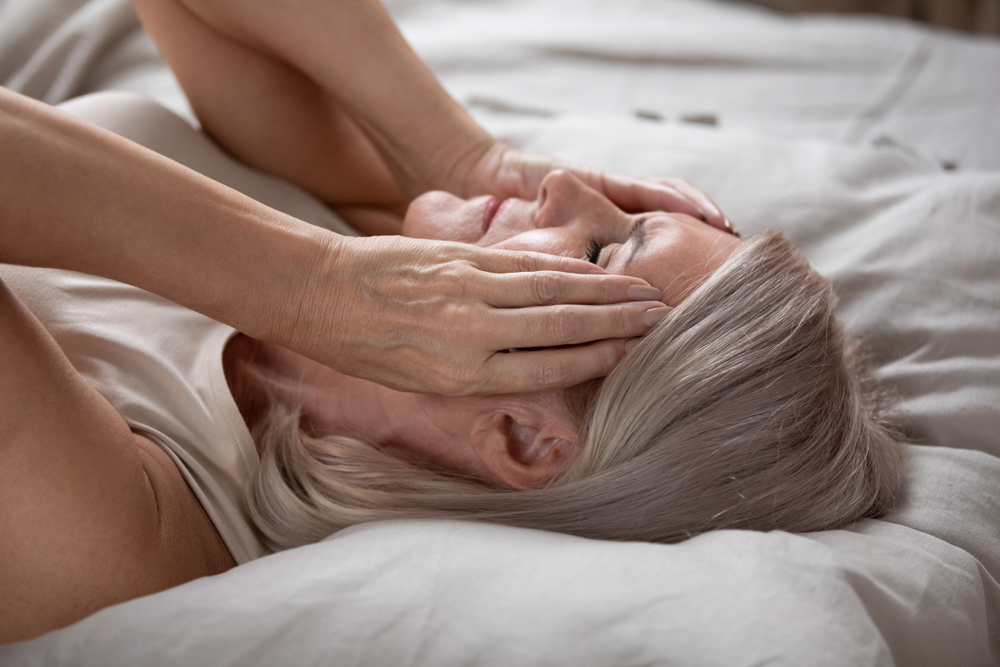Waking up frequently during the night to urinate can be frustrating, disruptive, and exhausting. This condition, known as nocturia, affects millions of people and often becomes more common with age. While occasional nighttime bathroom visits may not be cause for concern, persistent nocturia can interfere with sleep quality and impact daily life.
Understanding the causes of nocturia and knowing how to manage it can help restore rest and improve overall well-being. Here’s what you need to know.
What Is Nocturia?
Nocturia is the need to wake one or more times during the night to urinate. It is considered a medical condition when it occurs frequently and disrupts sleep. While it is commonly associated with aging, nocturia can affect individuals of all ages and genders. For some, it may be a sign of an underlying health issue.
Common Causes of Nocturia
There are many reasons why nocturia may occur. These include:
- Overproduction of urine at night (nocturnal polyuria), which may be linked to excessive fluid intake before bed, certain medications, or medical conditions such as heart failure or diabetes.
- Bladder storage issues, such as overactive bladder or reduced bladder capacity.
- Sleep disorders, like insomnia or sleep apnea, which may increase nighttime awakenings and awareness of the urge to urinate.
- Prostate enlargement in men or pelvic floor dysfunction in women.
Nocturia may also result from a combination of these factors. That’s why evaluation by a urologist is important to identify the specific cause and recommend effective treatment.
How Nocturia Affects Daily Life
Frequent interruptions to sleep can lead to:
- Daytime fatigue or drowsiness
- Difficulty concentrating
- Mood changes or irritability
- Increased risk of falls, especially in older adults
Because sleep is essential for both physical and mental health, addressing nocturia is more than just improving comfort, it can also support overall wellness.
Coping Strategies and Treatment Options
Managing nocturia often starts with simple lifestyle changes:
- Limit fluid intake in the evening, especially drinks containing caffeine or alcohol.
- Empty your bladder before bedtime to reduce the need for overnight trips.
- Elevate your legs during the day if you experience leg swelling. This can help your body reabsorb fluids earlier in the day.
If lifestyle changes are not enough, a urologist may recommend further evaluation and treatment. Depending on the cause, treatment options may include:
- Medication to reduce bladder activity or nighttime urine production
- Pelvic floor therapy for bladder support and control
- Treatment for underlying conditions, such as sleep apnea or an enlarged prostate
At Modern Urologist, we take a personalized approach to nocturia care. Our team will work closely with you to identify the root cause and create a treatment plan tailored to your needs and lifestyle.
Modern Urologist Is Here to Help in Manhattan and Queens
If you are regularly waking up at night to urinate and it’s affecting your quality of life, you’re not alone and you don’t have to live with it. Schedule a consultation with Modern Urologist to discuss your symptoms and explore your options. Better sleep and better health can start with a simple conversation. Call 212-991-9991 for an appointment today.

